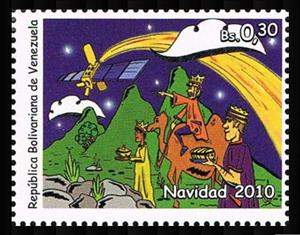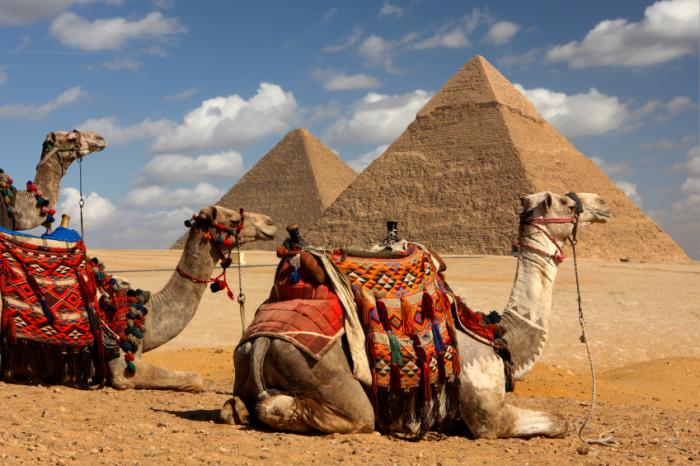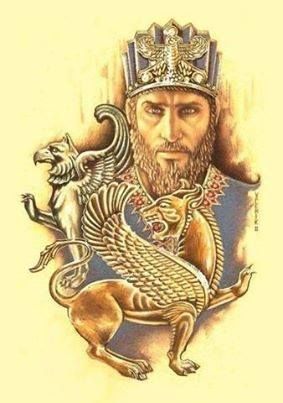Stamp: Satellite over the Three Magi (Venezuela 2010)
Satellite over the Three Magi (Venezuela 2010)
07 December (Venezuela ) within release Christmas 2010 goes into circulation Stamp Satellite over the Three Magi face value 0.30 Venezuelan bolívar
| Stamp Satellite over the Three Magi in catalogues | |
|---|---|
| Michel: | Mi: VE 4250 |
| Stamp Number: | Sn: VE 1712b |
Stamp is horizontal format.
Printed by Versilia Impresores C.A. Designed by Alejandro Lupi.Also in the issue Christmas 2010:
- Stamp - Father and son opening Christmas gift face value 6.50;
- Stamp - Child on blanket in plaza, people and bus face value 10;
- Stamp - Satellite over the Three Magi face value 0.30;
- Stamp - Woman and men at market face value 0.60;
- Stamp - Father and son outside of candy store face value 10;
- Stamp - Musicians face value 0.30;
- Stamp - Fireworks face value 4.50;
- Mini Sheet - Christmas 2010 face value 37.60;
- Stamp - Teacher and children face value 4.50;
- Stamp - Nativity face value 0.30;
- Stamp - Cable car face value 0.60;
Stamp Satellite over the Three Magi it reflects the thematic directions:
A camel (from Latin: camelus and Greek: κάμηλος (kamēlos) from Ancient Semitic: gāmāl) is an even-toed ungulate in the genus Camelus that bears distinctive fatty deposits known as "humps" on its back. Camels have long been domesticated and, as livestock, they provide food (camel milk and meat) and textiles (fiber and felt from camel hair). Camels are working animals especially suited to their desert habitat and are a vital means of transport for passengers and cargo. There are three surviving species of camel. The one-humped dromedary makes up 94% of the world's camel population, and the two-humped Bactrian camel makes up 6%. The wild Bactrian camel is a separate species and is now critically endangered.
Christmas or Christmas Day (Old English: Crīstesmæsse, meaning "Christ's Mass") is an annual festival commemorating the birth of Jesus Christ, observed most commonly on December 25 as a religious and cultural celebration among billions of people around the world. A feast central to the Christian liturgical year, it is prepared for by the season of Advent or the Nativity Fast and initiates the season of Christmastide, which historically in the West lasts twelve days and culminates on Twelfth Night; in some traditions, Christmastide includes an Octave. The traditional Christmas narrative, the Nativity of Jesus, delineated in the New Testament says that Jesus was born in Bethlehem, in accordance with messianic prophecies; when Joseph and Mary arrived in the city, the inn had no room and so they were offered a stable where the Christ Child was soon born, with angels proclaiming this news to shepherds who then disseminated the message furthermore. Christmas Day is a public holiday in many of the world's nations, is celebrated religiously by the vast majority of Christians, as well as culturally by a number of non-Christian people, and is an integral part of the holiday season, while some Christian groups reject the celebration. In several countries, celebrating Christmas Eve on December 24 has the main focus rather than December 25, with gift-giving and sharing a traditional meal with the family.
King is the title given to a male monarch in a variety of contexts. The female equivalent is queen regnant (while the title of queen on its own usually refers to the consort of a king). In the context of prehistory, antiquity and contemporary indigenous peoples, the title may refer to tribal kingship. Germanic kingship is cognate with Indo-European traditions of tribal rulership (c.f. Indic rājan, Gothic reiks, and Old Irish rí, etc.) In the context of classical antiquity, king may translate Latin rex or either Greek archon or basileus. In classical European feudalism, the title of king as the ruler of a kingdom is understood as the highest rank in the feudal order, potentially subject, at least nominally, only to an emperor (harking back to the client kings of the Roman Empire). In a modern context, the title may refer to the ruler of one of a number of modern monarchies (either absolute or constitutional). The title of king is used alongside other titles for monarchs, in the West prince, emperor, archduke, duke or grand duke, in the Middle East sultan or emir; etc. Kings, like other royalty, tend to wear purple because purple was an expensive color to wear in the past.
A gift or a present is an item given to someone, without the expectation of payment or anything in return. An item is not a gift if that item is already owned by the one to whom it is given. Although gift-giving might involve an expectation of reciprocity, a gift is meant to be free. In many countries, the act of mutually exchanging money, goods, etc. may sustain social relationship and contribute to social cohesion. Economists have elaborated the economics of gift-giving into the notion of a gift economy. By extension, the term gift can refer to any item or act of service that makes the other happier or less sad, especially as a favour, including forgiveness and kindness. Gifts are often presented on occasions such as birthdays and holidays.
A satellite or artificial satellite is an object, typically a spacecraft, placed into orbit around a celestial body. They have a variety of uses, including communication relay, weather forecasting, navigation (GPS), broadcasting, scientific research, and Earth observation. Additional military uses are reconnaissance, early warning, signals intelligence and, potentially, weapon delivery. Other satellites include the final rocket stages that place satellites in orbit and formerly useful satellites that later become defunct.





